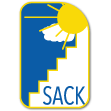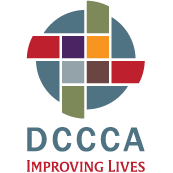Inpatient recovery programs, also known as residential treatment, require one to check themselves into a controlled environment to overcome their addiction. Individuals stay at a clinic with 24-hour medical and emotional support.
It’s important to properly prepare for entrance into an inpatient recovery program. There’s no set amount of time needed to prepare for treatment. It is important to set an entry date and to have affairs settled before that date.
Some of the things to take care of before admission include:
- Talking to your employer
- Finding living arrangements for children or other family members
- Planning how to get to and from the treatment center
- Finding out what personal items are allowed
Family Support and Participation
Successful inpatient clinics know family involvement is crucial to recovery. Family members can contact loved ones in residential treatment to provide emotional support and encouragement.
When it comes to how and how often residents can communicate with their loved ones, each inpatient center’s policy is different. Some centers also provide counseling for the family of the individual in treatment.
Daily Life During Inpatient Rehab
During inpatient treatment, residents are able to completely focus on getting well and sober without the distractions of everyday life. A typical day in residential treatment is carefully scheduled. Psychologists, counselors, and psychiatrists meet with residents individually and in group settings to guide recovery. A typical inpatient program runs anywhere from 28 days to 6 months.
Providers

Substance Abuse Center of Kansas – Hutchinson Residential Unit

Bel Aire Recovery Center

DCCCA – Women’s Recovery Center (Female + Children)

Reflection Recovery Center of Wichita


